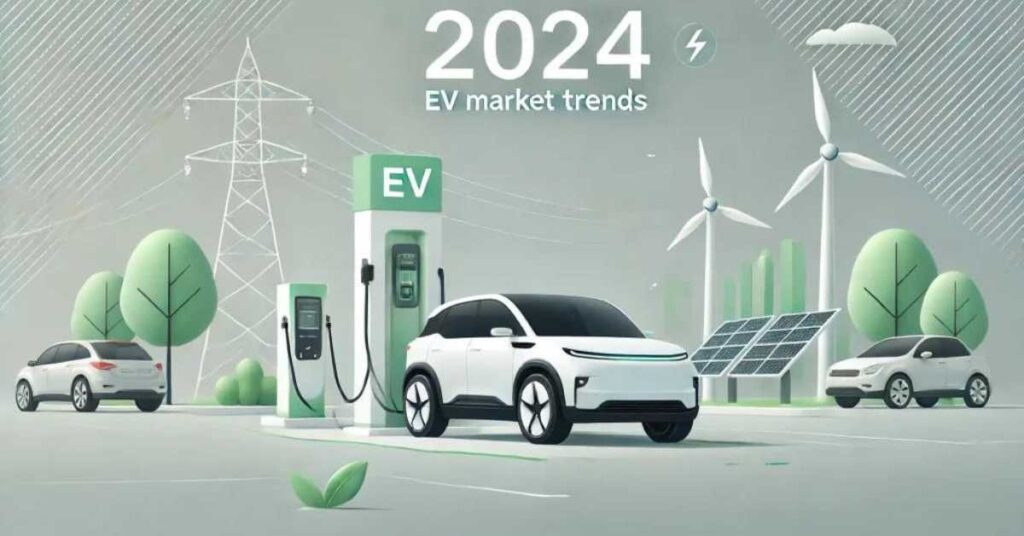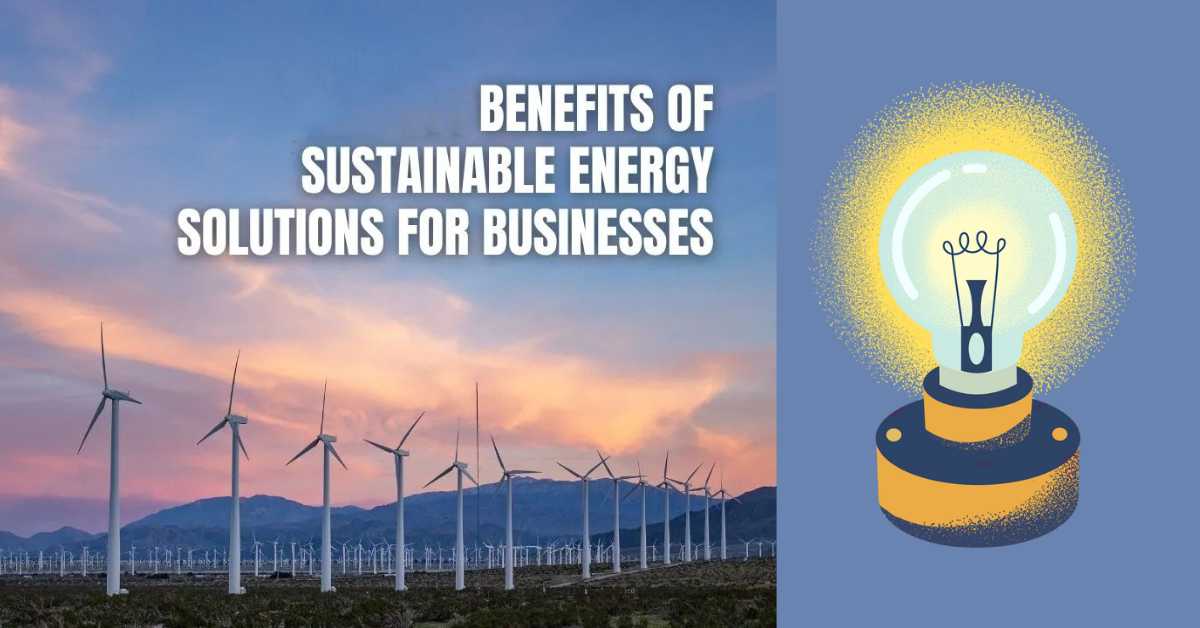Email: [email protected]


The electric vehicle (EV) industry has witnessed tremendous growth in recent years, driven by increasing environmental concerns, government incentives, and declining battery costs. Global EV sales are projected to reach 14 million units by 2025. Advancements in battery technology, such as solid-state batteries and lithium-air batteries, are expected to increase driving ranges, reduce charging times, and lower costs. Governments worldwide are investing heavily in EV infrastructure and offering incentives to encourage adoption.
The industry is shifting towards sustainable manufacturing practices, reducing environmental impacts, and promoting responsible sourcing. Smart charging systems and vehicle-to-grid (V2G) technology will enable EVs to interact with the grid, stabilizing energy distribution and generating revenue. Automakers are expanding their EV offerings, catering to diverse consumer preferences and driving growth.
International collaboration and standardization efforts will facilitate the widespread adoption of EVs, driving the industry towards a transformative shift in the transportation sector. EVs will play a crucial role in reducing greenhouse gas emissions and mitigating climate change. As technology continues to evolve, we can expect increased adoption, improved sustainability, and a reduced carbon footprint, making EVs an essential component of a sustainable transportation future. Below are some of the trends and insights shaping the future of the electric vehicle industry.
The electric vehicle (EV) market is experiencing a significant surge in growth, with global sales projected to reach 14 million units by 2025. Governments worldwide are driving this trend by setting ambitious targets, investing heavily in EV infrastructure, and offering attractive incentives to encourage adoption. As a result, EVs are becoming increasingly mainstream, paving the way for a more sustainable transportation future.
Key drivers of this trend include government policies and incentives, declining battery costs, expanding EV model options, and growing consumer awareness and demand. With EV adoption on the rise, we can expect to see reduced greenhouse gas emissions, improved air quality, and a shift towards a more sustainable transportation sector.
The electric vehicle (EV) industry is on the cusp of a revolution, driven by groundbreaking advancements in battery technology. Solid-state batteries, lithium-air batteries, and other cutting-edge innovations are set to transform the EV landscape, offering unprecedented improvements in driving ranges, charging times, and costs.
These breakthroughs will enable EVs to achieve driving ranges of over 500 miles on a single charge, recharge in under 30 minutes, rivaling gasoline refueling times, and reduce battery costs by up to 50%, making EVs more competitive. These advancements will be a game-changer for the EV industry, unlocking mass adoption and paving the way for a sustainable transportation future.
Cities around the globe are leading the charge towards a more sustainable future by electrifying their public transportation systems. This shift towards electric buses and trains is not only reducing greenhouse gas emissions and air pollution but also lowering operating costs. As cities continue to prioritize environmentally friendly transportation solutions, the demand for electric vehicles (EVs) is expected to surge.
The electrification of public transportation is a key trend driving the adoption of EVs, with many cities setting ambitious targets for a fully electric fleet. This transition is expected to have a significant impact on the environment, reducing emissions and creating healthier communities.
The future of transportation is taking shape with the emergence of autonomous electric vehicles (EVs). These innovative vehicles are being rigorously tested and implemented, promising a trifecta of benefits: increased safety, enhanced efficiency, and expanded mobility. By combining the environmental advantages of EVs with the cutting-edge technology of autonomous driving, this convergence of innovations is poised to revolutionize the transportation sector.
Autonomous EVs will transform the way we travel, making transportation safer, more sustainable, and more accessible, with improved road safety, enhanced passenger experience, optimized traffic flow, and increased energy efficiency.
The expansion of electric vehicle (EV) charging infrastructure is gaining momentum, driven by significant investments from governments and companies worldwide. This concerted effort aims to establish a comprehensive network of charging stations, providing seamless and convenient charging experiences for EV owners. By alleviating range anxiety and making long-distance travel more practical, the growth of charging infrastructure is a crucial catalyst for widespread EV adoption.
As the network of charging stations continues to grow, it will play a vital role in supporting the transition to a more sustainable transportation sector. With fast-charging corridors and urban charging hubs on the rise, EV owners will enjoy greater flexibility and peace of mind. This infrastructure expansion is a key enabler of the EV revolution, paving the way for a cleaner, healthier, and more sustainable transportation future.
Click on the next page button to continue enjoying the article!












To provide the best experiences, we and our partners use technologies like cookies to store and/or access device information. Consenting to these technologies will allow us and our partners to process personal data such as browsing behavior or unique IDs on this site and show (non-) personalized ads. Not consenting or withdrawing consent, may adversely affect certain features and functions.
Click below to consent to the above or make granular choices. Your choices will be applied to this site only. You can change your settings at any time, including withdrawing your consent, by using the toggles on the Cookie Policy, or by clicking on the manage consent button at the bottom of the screen.

One comment
It was a good pathways in EVS.